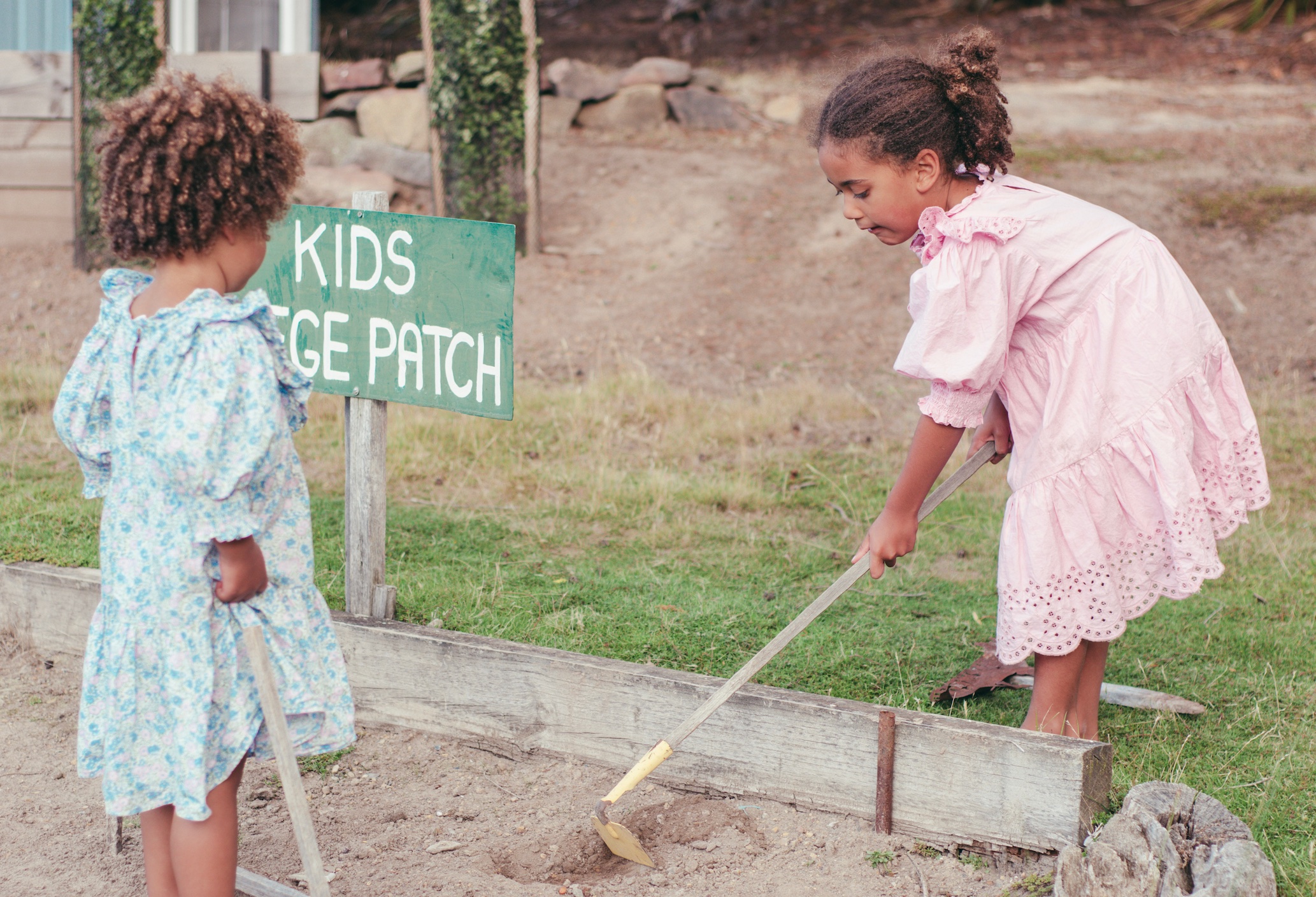Children can benefit a lot from joint custody. This is when they recognize that they’re more important than the issues that ended your marriage.
Co-parenting after a divorce is never easy, but there are things you can do to make this more effective. Joint custody can provide your shared children the security and stability that they need, especially if they’re small. That’s why we have some tips for parents who are going through a divorce for the first time, and they’re sharing custody.
What is Joint Custody?
Ideally, having both parents play an active role in their children’s lives is one of the best ways to ensure they have everything they need while maintaining close relationships with their parents. Joint custody, also known as shared custody, is precisely that. It offers the parents the chance to cooperate with each other for their children’s sake because it can strongly influence their mental and emotional well-being.
Unless you or your family has serious issues such as substance abuse or domestic violence, then joint custody is the best type of custody. However, aside from all relationship problems, co-parenting is easier said than done.
Arrangements can be stressful, exhausting, and infuriating, especially if you have a controversial relationship with your ex-spouse. It’s only natural that you may feel concerned about your ex-partner’s parenting abilities as a parent. On top of that, other issues include child support, finances, emotional aspects, etc.
Luckily, you can always seek help from experienced lawyers to help with these issues. They will help you make shared decisions and interact with your ex in a serious manner. After all, your children’s well-being should be your top priority.
Thinking about communicating with each other at drop-offs, speaking to someone you’d rather not, can be pretty intimidating. However, making shared decisions can seem like impossible tasks, especially if you’re newly divorced or in the process. Still, you can overcome these challenges and develop a healthy working relationship with your ex.
How Can You Do Joint Custody Work?
The key to successful joint custody is detaching yourself from your ex’s personal relationship. Initially, you may want to start thinking of this relationship as a new one from scratch – one that’s entirely about the best interests of your children and not about you as individuals.

The next step is to be a mature and responsible co-parent, meaning you should always put your children’s needs above your own. Another step is to seek help. Depending on where you live, you can contact San Jose Custody Lawyers as they’re a great help, especially for parents who are still getting the hang of co-parenting.
What are the Benefits for Your Children?
Children can benefit a lot from joint custody. This is when they recognize that they’re more important than the issues that ended your marriage. Children who have divorced parents with a cooperative relationship may benefit by:
- Feeling secure. Children are likely to adjust more quickly to divorce and new living environments when they feel more confident.
- Being consistent. Co-parenting means having similar rules, rewards, and disciplines between households.
- Having a healthy example to follow. Co-parenting establishes a life pattern that your children can learn from to build stronger relationships in the future.
- Being mentally and emotionally healthier. Children exposed to conflicts tend to develop mental issues such as depression, anxiety, or ADHD.
Lastly, when your ex-partner doesn’t cooperate and you’re in the beginning stages of your divorce, you can always get in touch with San Jose Divorce Lawyers. They will tell you how to proceed further without making it a huge deal or sending the case to the court.


Join the conversation!